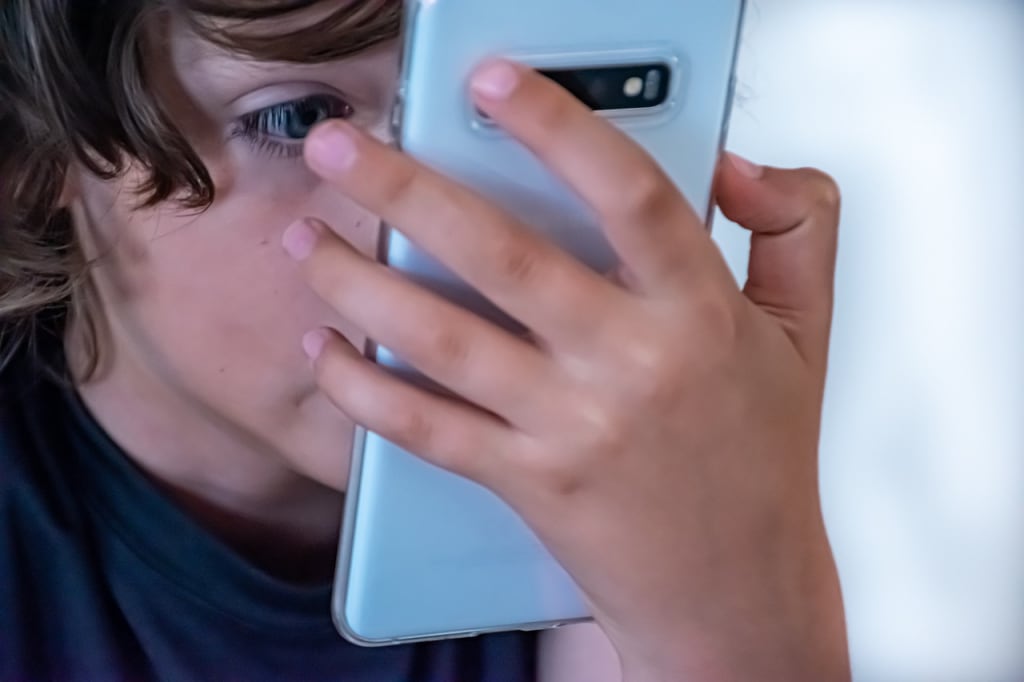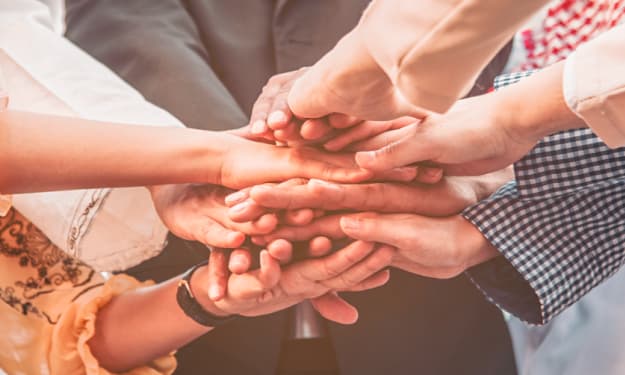left-handed people
why there are left-handed people?

If you know an adult left-handed person, they should learn to write and eat right-handed. In many parts of the world, encouraging children to use their "right" hand is common practice. In fact, the word "right" means right or good, not only in English but in many other languages. But if the left is wrong, why is it so? Currently, about 1/10 of the world's population is left-handed. According to archeological evidence this has been the case for 500,000 years, about 10% of human remains show differences in hand length and bone density, and some tools and antiques showing signs of left handedness. Despite what many people think, the left is not a job. It can be diagnosed before birth based on the position of the fetus in the womb. So, if left-handedness is hereditary, does it mean it's genetic? Yes and no. Identical twins with identical genes have different dominant hands. In fact, this often happens to other siblings. But the probability that you are left- or right-handed is determined by whether your parents are left-handed, and the ratio is found to be the same. If your father is left-handed, but your mother is left-handed, you have a 17% chance of being born left-handed, whereas two right-handed people have only a 10% chance of being left-handed. Power seems to be decided by rolling the dice, but your genes decide the odds. All of this points to a reason why evolution produced a minority of left-handed people and maintained that proportion for thousands of years. Although there are many theories that try to explain why handedness or why most people are right-handed, current mathematical models suggest that the ratio describes the balance between competitive and cooperative pressures in human development. The advantages of being left-handed are most evident in activities involving opponents, such as fighting or competitive sports. For example, about 50 percent of the best baseball players are left-handed. Why? Consider this an amazing benefit. Since there are few left-handers, left-handers and right-handers tend to play on the left side. Therefore, when two men face each other, it is better to raise the left hand to the opponent with the right hand, and throw the left hand outside. This fighting hypothesis, which suggests that a population imbalance results in an advantage for left-handed boxers or athletes, is an example of selection dependent on adverse frequency. However, according to the principles of evolution, groups that have an advantage grow until that advantage disappears. If humans continued to struggle and compete throughout human evolution, left-handed people would have become more and more left-handed so that they would no longer be a rare commodity. So, in a real competitive world, 50% of the population is left-handed. Yet cooperation and competition shaped human development. Conversely, cooperative pressure pushes the distribution of arbitrage in the opposite direction. In golf, performance does not depend on opponents, with only 4% of top players left, an example of the general trend of equipment sharing. Since it's easier for aspiring youth golfers to find a set of right-handed golf clubs, many of the great tools that have created the community are designed for the majority of right-handed players. Because leftists are less skilled at using these tools and more prone to accidents, they will not succeed in the cooperative world and will eventually disappear from the population. Thus, by accurately predicting the distribution of left-handers in the general population, and by comparing the data across multiple sports, the model shows that left-handers persist as minorities. but it is maintained that it reflects the balance produced by competitive and cooperative interests. occur at the same time in a given period. The best part is what these numbers can tell about different groups of people. From the unequal distribution of hooves in cooperative animals to the smaller proportion of left-handed animals in competitive hunter-gatherer societies, we may also discover the answers to some of the mysteries of the evolution of the early man within us.
About the Creator
Rowan Sharkawy
someone who love to know anything & share it with every one
welcome to my profile






Comments
There are no comments for this story
Be the first to respond and start the conversation.